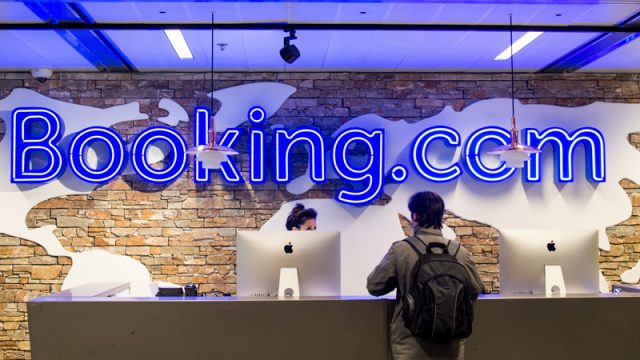According to Airbus’ latest market forecast, Indian carriers will require 1,043 new passenger (1,020) and freighter (23) aircraft valued at US$145 billion between now and 2030 to satisfy surging annual demand. India’s market for new aircraft makes it the world’s fourth largest in both number of aircraft and value.
Indian annual passenger traffic growth rates of 7.2 per cent are well above the regional Asia Pacific average growth rate of 5.9 per cent and the world average 4.8 per cent.
Of the requirement for 1,020 new passenger aircraft, some 860 will be for growth and 160 to replace the eldest aircraft in the existing fleet of 327. By 2030, this means that India’s passenger fleet will more than triple to some 1,180 aircraft. The new passenger aircraft include 646 single aisles like the A320 and A320neo Family, 308 twin aisles like the A350 XWB and A330, and 66 very large aircraft such as the A380.
Growing urbanization and population concentrations combined with a growing middle class and dynamic economic growth are driving demand and this trend is expected to continue. Despite near term challenges, the Indian economy is forecast to continue expanding, helping India’s growth in domestic air travel to reach even higher growth rates of nearly 10 per cent annually, making it one of the fastest growing aviation markets anywhere in the world.
“By 2030, India’s economy is forecast to be the fourth largest in the world creating exceptional potential for growth in the aviation sector. Through our Indian industrial partnerships we are proud to boast that every A320 today is partly made in India,” said Dr. Kiran Rao, Airbus Executive Vice President, Sales and Marketing, and President of Airbus India. “Our engineering and industrial footprint in India supports over 2,000 highly skilled Indian jobs throughout our supply chain, and this figure is growing.”
Airbus’ partnership with India dates back almost 40 years. Today, half of all A320 forward doors and all flap track beams are produced in India. Established in 2006, the Airbus Engineering Centre India (AECI) in Bangalore employs over 270 highly skilled local engineers working in high end analysis and design on all Airbus products. The centre is expected to grow to 450 over the next three years. Airbus recently established a second pilot training centre in Noida (this one in cooperation with CAE and Interglobe) to complement the existing facility in Bangalore. Combined, they will have the capacity to train up to 5,000 pilots and maintenance engineers per year. Airbus’ market share of new aircraft orders in India is over 70 per cent.










 Francia vive un caos de país bananero por la tasa aérea
Francia vive un caos de país bananero por la tasa aérea Un Boeing 737 de Norwegian, a punto de caer al mar en el aterrizaje
Un Boeing 737 de Norwegian, a punto de caer al mar en el aterrizaje Bolivia, sin dólares, en riesgo de aislamiento por vía aérea
Bolivia, sin dólares, en riesgo de aislamiento por vía aérea Volotea: su fondo de maniobra negativo se dispara a 240 millones
Volotea: su fondo de maniobra negativo se dispara a 240 millones El elefante en la sala
El elefante en la sala







 Tren Maya sin casi turistas con solo el 20% de usuarios extranjeros
Tren Maya sin casi turistas con solo el 20% de usuarios extranjeros Riviera Maya teme golpe turístico de Trump y de nuevos impuestos
Riviera Maya teme golpe turístico de Trump y de nuevos impuestos Los Cabos: 81 vuelos semanales de American desde seis aeropuertos
Los Cabos: 81 vuelos semanales de American desde seis aeropuertos Golpe a Booking: demanda doble de hoteles españoles
Golpe a Booking: demanda doble de hoteles españoles

Preferente.com Diario para profesionales del Turismo